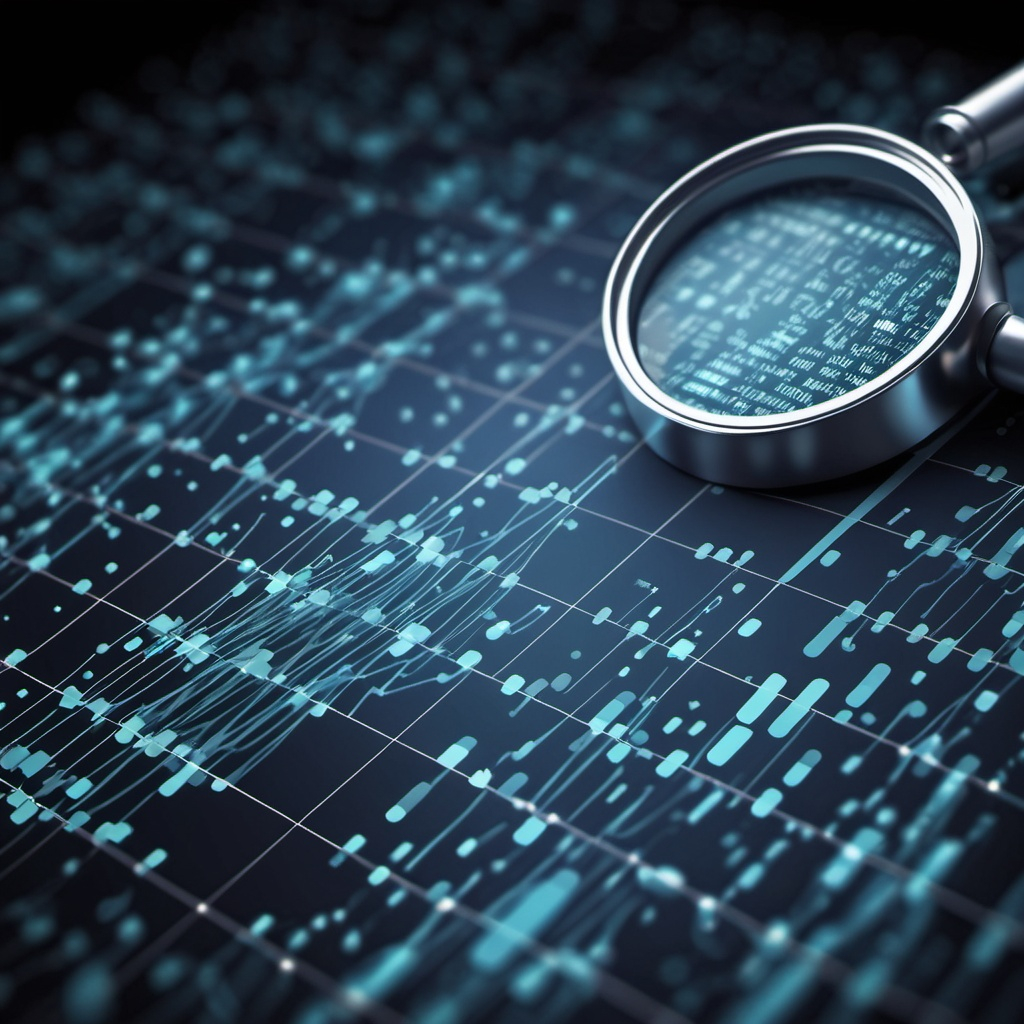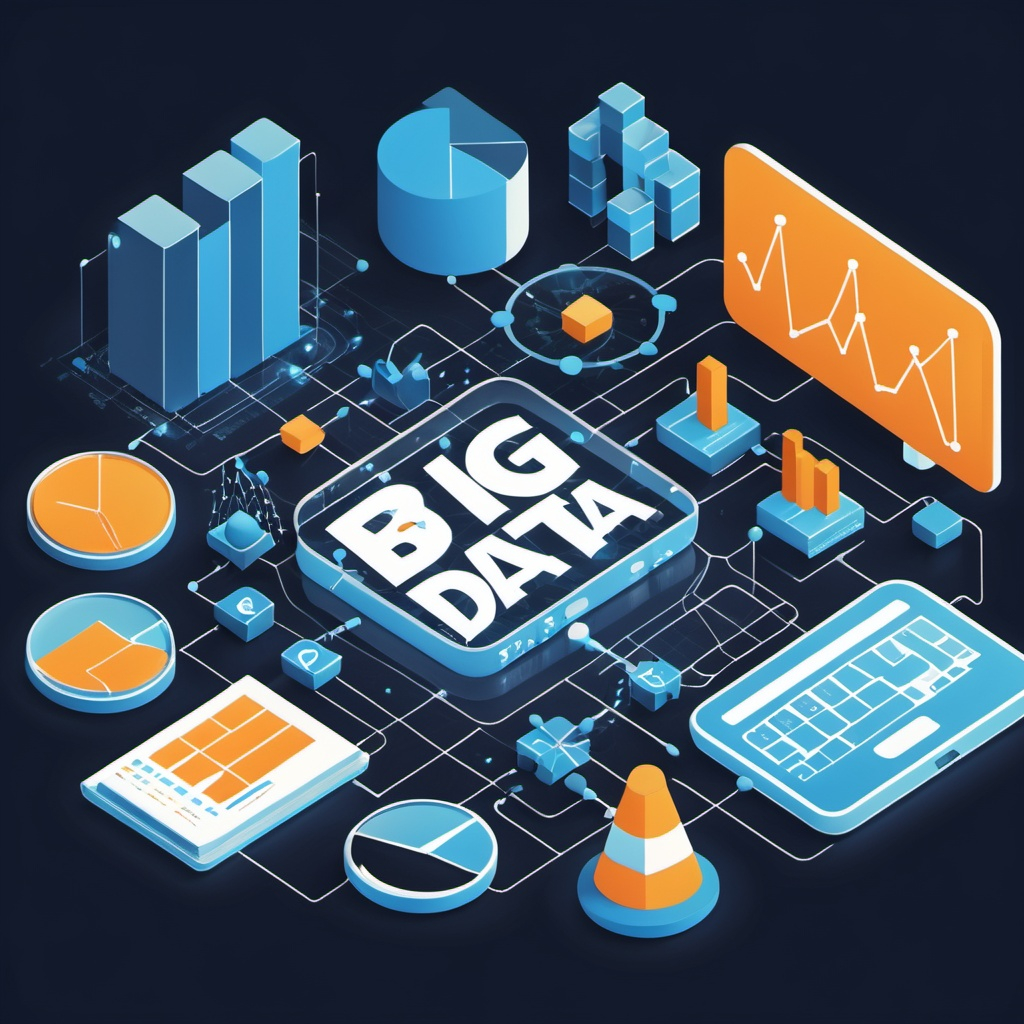The integration of big data analytics in medicine has emerged as a transformative force, reshaping the way healthcare is delivered, managed, and understood. By leveraging vast datasets, advanced analytical tools, and machine learning algorithms, big data analytics is enabling healthcare professionals to make more informed decisions, improve patient outcomes, and reduce costs. This article explores the profound impact of big data analytics in medicine, its applications, challenges, and future trends.
Understanding Big Data Analytics in Medicine
Big data analytics refers to the process of examining large and complex datasets to uncover patterns, correlations, and actionable insights. In the context of medicine, these datasets often include electronic health records (EHRs), medical imaging, genomic data, and real-time patient monitoring data. By analyzing this information, healthcare providers can:
- Predict disease outbreaks.
- Personalize treatment plans.
- Improve diagnostic accuracy.
- Enhance operational efficiency.

Key Applications of Big Data Analytics in Medicine
1. Predictive Analytics
Predictive analytics uses historical data to forecast future events. In medicine, it enables early detection of diseases and identification of high-risk patients. For instance, predictive models can analyze patient history and lifestyle factors to anticipate the likelihood of chronic conditions such as diabetes or heart disease.
2. Personalized Medicine
Big data analytics plays a crucial role in tailoring medical treatments to individual patients. By analyzing genetic, environmental, and lifestyle data, healthcare providers can design personalized therapies that are more effective and have fewer side effects. This approach is particularly impactful in oncology, where treatments can be customized based on the genetic profile of a tumor.
3. Disease Surveillance and Outbreak Prediction
The ability to analyze data from multiple sources, including social media, EHRs, and public health records, allows for real-time monitoring of disease outbreaks. Big data analytics was instrumental in tracking the spread of COVID-19, helping governments and healthcare organizations allocate resources effectively.
4. Operational Efficiency
Hospitals and healthcare systems use big data analytics to optimize operations, reduce waste, and improve patient care. For example, predictive models can help manage patient flow, reduce waiting times, and allocate staff efficiently.
5. Drug Discovery and Development
The pharmaceutical industry benefits immensely from big data analytics. By analyzing clinical trial data, genetic information, and patient feedback, researchers can identify potential drug candidates faster and more cost-effectively. This accelerates the development of new treatments and brings them to market sooner.
6. Remote Patient Monitoring
With the rise of wearable devices and IoT-enabled healthcare solutions, big data analytics facilitates remote patient monitoring. Data from devices such as fitness trackers and smartwatches can be analyzed to monitor vital signs, detect anomalies, and alert healthcare providers in real time.
Benefits of Big Data Analytics in Medicine
- Improved Patient Outcomes: By enabling early diagnosis and personalized treatment, big data analytics enhances patient care and reduces mortality rates.
- Cost Reduction: Efficient resource allocation and optimized operations lead to significant cost savings for healthcare providers.
- Enhanced Research: Access to large datasets accelerates medical research and the development of innovative treatments.
- Informed Decision-Making: Data-driven insights empower healthcare professionals to make evidence-based decisions.
Challenges in Implementing Big Data Analytics
Despite its numerous benefits, the adoption of big data analytics in medicine faces several challenges:
1. Data Privacy and Security
Healthcare data is highly sensitive, and ensuring its privacy and security is paramount. Cybersecurity threats and data breaches pose significant risks to patient confidentiality.
2. Interoperability
The lack of standardization across healthcare systems makes it difficult to integrate and analyze data from diverse sources. Interoperability issues hinder the seamless exchange of information.
3. Data Quality
The accuracy and reliability of insights depend on the quality of data. Incomplete or erroneous data can lead to incorrect conclusions and potentially harm patients.
4. Ethical Concerns
The use of big data in medicine raises ethical questions regarding consent, data ownership, and the potential for bias in algorithms.
5. High Implementation Costs
The initial investment required for big data infrastructure, tools, and skilled personnel can be prohibitive for smaller healthcare providers.

Future Trends in Big Data Analytics in Medicine
1. Integration of Artificial Intelligence (AI)
AI is set to play a pivotal role in enhancing big data analytics. Machine learning algorithms can process vast amounts of data more efficiently, uncovering patterns and insights that were previously inaccessible.
2. Real-Time Analytics
The shift towards real-time data processing will enable faster decision-making, particularly in critical care and emergency settings. Real-time analytics can monitor patient vitals and alert clinicians to potential issues immediately.
3. Genomics and Precision Medicine
Advancements in genomic sequencing will further enable precision medicine. By analyzing genetic data, researchers can develop targeted therapies and preventive measures tailored to individual patients.
4. Blockchain for Data Security
Blockchain technology offers a decentralized and secure way to manage healthcare data. It ensures data integrity and enhances patient trust by providing transparency and control over their information.
5. Expansion of IoT in Healthcare
The Internet of Things (IoT) will continue to drive the collection of real-time health data. Wearable devices, smart implants, and connected medical equipment will generate valuable data for analytics.
6. Collaborative Platforms
Collaborative platforms that enable data sharing among healthcare providers, researchers, and policymakers will become more prevalent. These platforms will facilitate global efforts to tackle health challenges and improve outcomes.
Case Studies: Success Stories in Big Data Analytics
1. Johns Hopkins Hospital
Johns Hopkins Hospital implemented a predictive analytics tool to reduce sepsis-related mortality. By analyzing patient data in real time, the tool alerts clinicians to early signs of sepsis, enabling timely intervention.
2. IBM Watson Health
IBM Watson Health leverages AI and big data analytics to support cancer treatment. By analyzing medical literature and patient data, Watson provides oncologists with evidence-based treatment recommendations.
3. Google DeepMind and Moorfields Eye Hospital
Google DeepMind collaborated with Moorfields Eye Hospital to develop an AI system capable of diagnosing eye diseases. The system analyzes retinal scans with remarkable accuracy, aiding early detection and treatment.
Conclusion
Big data analytics is revolutionizing medicine, offering unprecedented opportunities to improve patient care, enhance operational efficiency, and accelerate medical research. While challenges such as data privacy, interoperability, and ethical concerns persist, advancements in technology and collaborative efforts are paving the way for a data-driven healthcare ecosystem. As we move forward, the integration of big data analytics will continue to transform medicine, making healthcare more personalized, efficient, and accessible for all.


